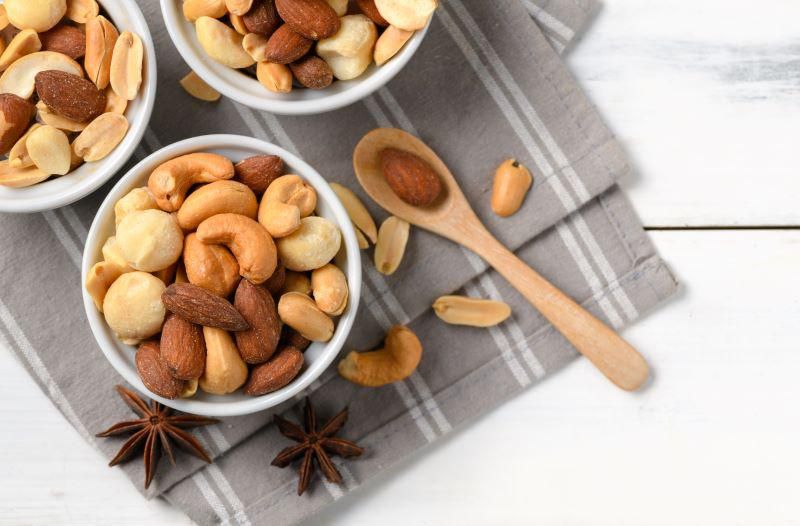
Problems walking and talking or thinking at the same time might be a warning sign of impending dementia, a new study suggests. Being unable to juggle two tasks simultaneously has been recognized as a sign of mental (or “cognitive”) decline after age 65, but this research shows that the ability actually starts to fall off… read on > read on >






























